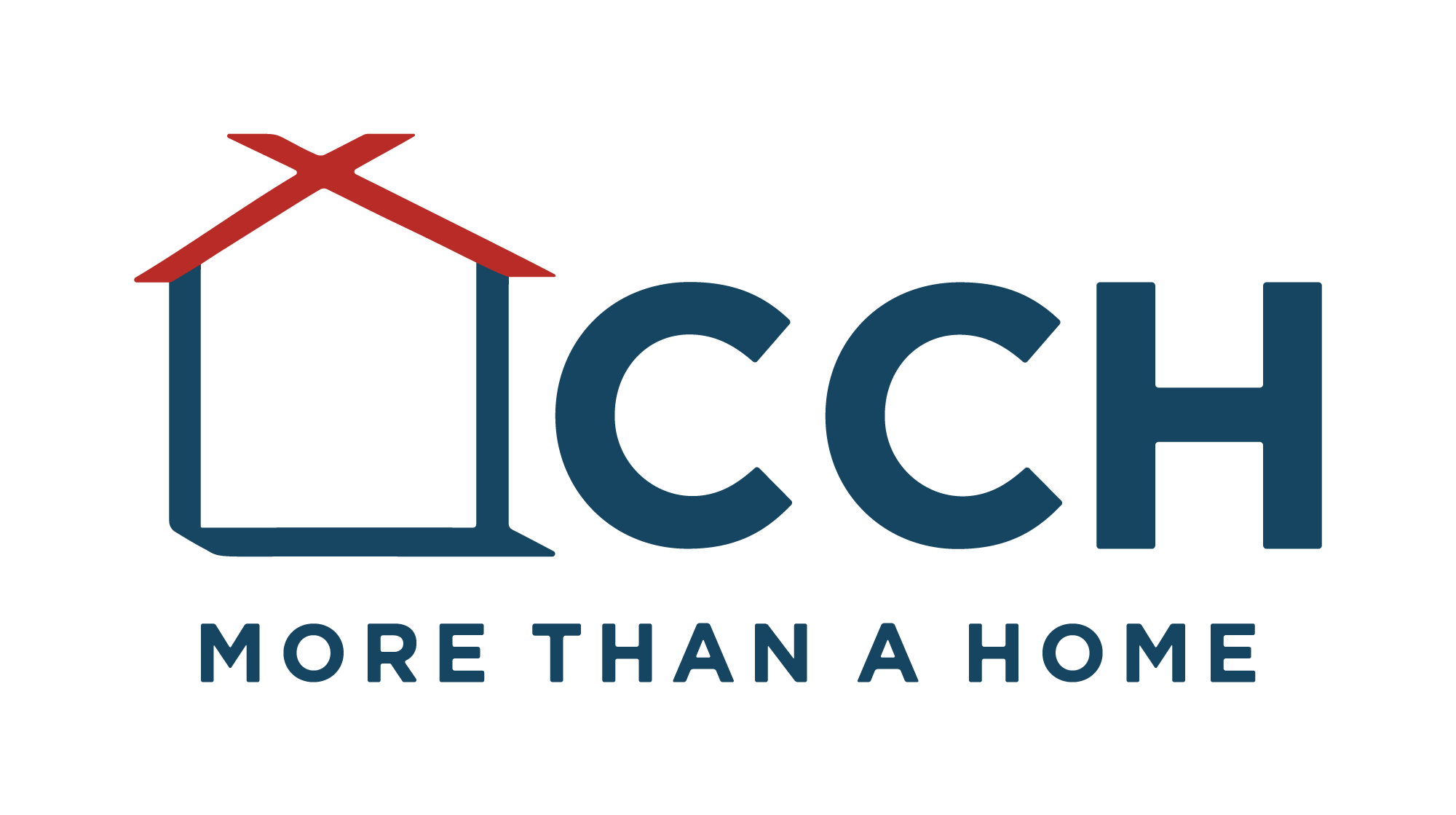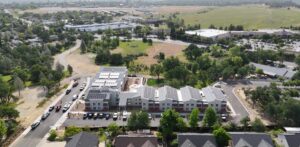 Affordable Housing Month in May provides an opportunity to reflect on the vital role housing plays in the lives of residents and the communities served. The importance of quality housing has never been more evident than over the past year with the onset of COVID-19 and its impact on public health and the economic welfare of our country. Housing is one of the most fundamental aspects in protecting families and neighbors by providing a safe haven to call home. Safe, quality housing is a necessity and should be a fundamental right for everyone.
Affordable Housing Month in May provides an opportunity to reflect on the vital role housing plays in the lives of residents and the communities served. The importance of quality housing has never been more evident than over the past year with the onset of COVID-19 and its impact on public health and the economic welfare of our country. Housing is one of the most fundamental aspects in protecting families and neighbors by providing a safe haven to call home. Safe, quality housing is a necessity and should be a fundamental right for everyone.
Even as vaccines roll out across the nation, the issues of homelessness and lack of affordable housing persists. “As champions for affordable housing, we are beholden to make a conscious effort to join together with other organizations fighting for legislation and programs to assist the most vulnerable among us,” says CCH President and CEO Syd Najeeb. He notes the importance of tracking key legislation pertaining to the availability of affordable housing.
Under consideration, California Governor Gavin Newsom’s May Revise to the state budget proposes $3.8 billion in key investments for affordable housing, caregiver workforce development and in-home support services in laying the foundation to build an “age-friendly” state and older adult care system to meet the needs of aging Californians today and into the future.
Also under legislative review, California SB 8 is a follow-up to SB 330 (also known as the Housing Crisis Act of 2019) introduced by Sen. Nancy Skinner. SB 330, which took effect January 1, 2020, aims to jumpstart housing production in California by streamlining the approval process. Without this groundbreaking legislation, numerous development projects would likely be facing years of hearings to win approval.
SB 330 is set to expire in 2025. The full benefits of this legislation is yet to be realized because of the economic downturn caused by the pandemic. If passed, SB 8 would extend the provisions of SB 330 until 2030 and add clarifying language to further streamline housing production so local jurisdictions’ existing zoning rules and other rule criteria would be met.
At the Federal level, President Biden’s “American Jobs Plan” outlines a $213 billion plan to produce, preserve and retrofit the country’s affordable housing infrastructure and provides $413 billion for home-care services. Calling attention to the severe shortage of available affordable housing in America, the proposed plan offers the following approaches:
- Produce, preserve, and retrofit more than a million affordable, resilient, accessible, energy efficient, and electrified housing units through targeted tax credits, formula funding, grant and project-based rental assistance to underserved communities nationwide;
- Build and rehabilitate more than 500,000 homes for low- and middle-income homebuyers by spurring construction and rehabilitation of homes for underserved communities;
- Eliminate exclusionary zoning and harmful land use policies by enacting a competitive grant program that awards flexible and attractive funding to jurisdictions that take concrete steps to eliminate barriers to producing affordable housing;
- Address longstanding public housing capital needs by investing $40 billion to improve the infrastructure of the public housing system in America; and
- Put workers back to work upgrading homes and businesses through block-grant programs, the Weatherization Assistance Program, and by extending and expanding home and commercial efficiency tax credits.
HUD Secretary Marcia Fudge also recently announced the allocation of nearly $5 billion in American Rescue Plan (ARP) funds to help communities across the country create affordable housing and services for people experiencing or at risk of homelessness. The $4.925 billion in HOME-ARP funds give states the flexibility to meet the needs of people experiencing or at risk of homelessness, through development of affordable housing, tenant-based rental assistance, supportive services, and acquisition and development of non-congregate shelter units for permanent affordable housing.
This allocation is the first of two homelessness-related funding opportunities from the ARP that HUD will release. In the coming weeks, HUD is expected to announce the release of $5 billion for new Housing Choice Vouchers provided in the ARP. Click here to read more about HUD’s announcement.




